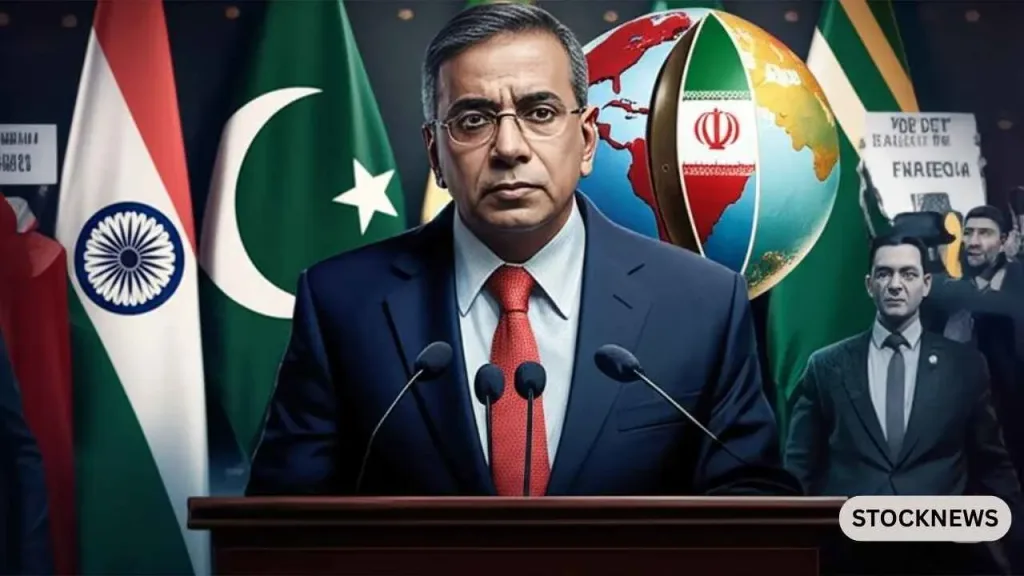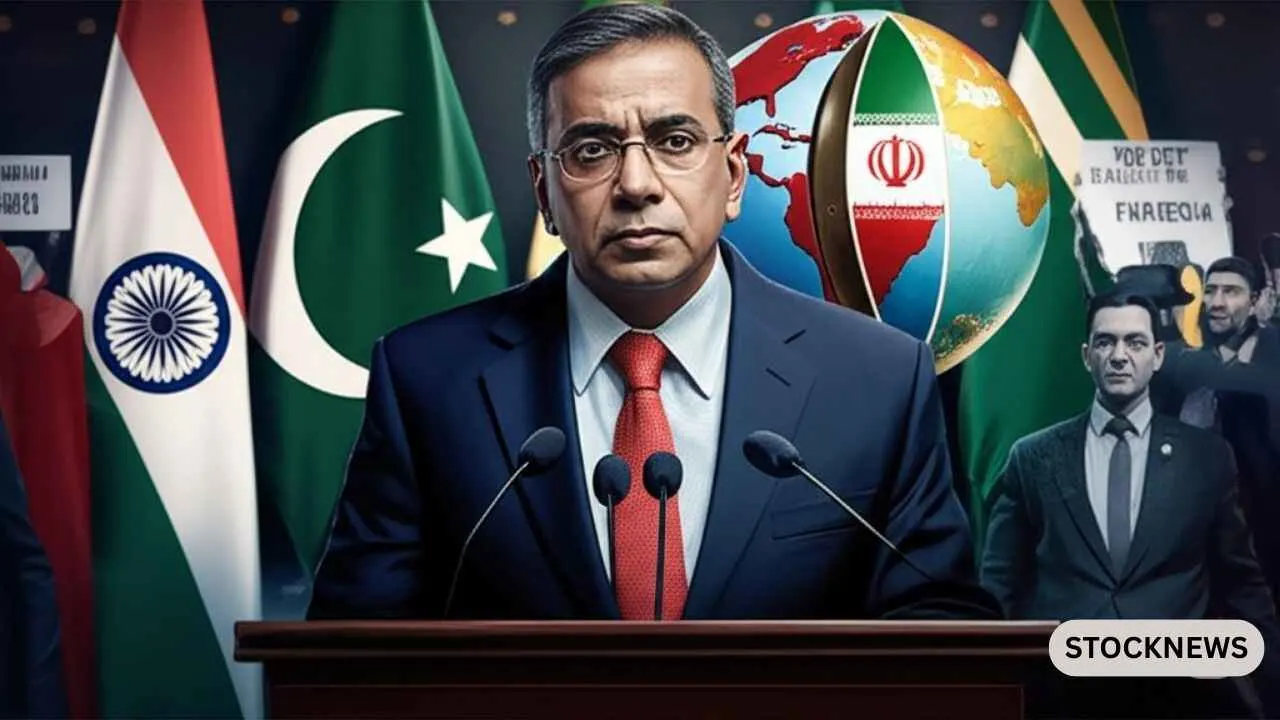India’s foreign policy has come under scrutiny this week amid a trio of unfolding international developments: a backlash from Baloch activists over a digital crackdown, signs of diplomatic doublespeak from Iran, and External Affairs Minister S. Jaishankar’s bold commentary on the West’s shifting geopolitical posture.
Baloch Voices Silenced: India’s Ban Draws Backlash
In an unexpected turn, several prominent social media accounts run by Balochistan activists—once vocal supporters of India’s stance against Pakistan—have reportedly been restricted or banned in India. The accounts, including The Balochistan Post, Balochistan Times, and TBP English, had gained traction by exposing alleged human rights violations by the Pakistani military and advocating for Baloch independence.
These accounts had historically aligned themselves with Indian interests, especially during periods of heightened Indo-Pak tensions. After the recent terrorist attack in Pahalgam, Baloch activists were quick to express solidarity with India, amplifying their long-standing criticism of Pakistan’s military establishment.
But the latest digital crackdown by the Indian government has left many in the Free Balochistan Movement disillusioned. Some Baloch leaders are now questioning whether India still supports their cause or if strategic calculus has taken precedence over moral alignment.
The move has been welcomed by some Pakistani commentators, who took to social media to taunt Baloch voices, saying India had “shown them the mirror.” Meanwhile, Indian reactions are divided—some defending the government’s decision on security grounds, others urging New Delhi to reverse the bans, citing the moral cost of alienating potential allies in the region.
Iran’s Balancing Act: Mediation or Manipulation?
Another diplomatic wrinkle emerged with Iranian Deputy Foreign Minister Abbas Araghchi’s sudden visit to Pakistan—just days before his scheduled trip to New Delhi.
The timing has raised eyebrows in South Block. Officially, the Indian government maintains a clear policy: foreign dignitaries must treat India and Pakistan as distinct stops, not back-to-back pitstops. This position, long held to avoid conflation of the two rivals in global diplomacy, has been communicated to countries including the U.S. and Russia.
While Iran claims to seek regional stability and had previously offered to mediate between India and Pakistan after the Pahalgam attack—a proposal firmly rejected by New Delhi—its recent actions suggest a more complex strategy. Araghchi’s visit to Islamabad reportedly included discussions on Kashmir and regional security, prompting speculation that Tehran may be attempting to play both sides.
Critics point out that Iran’s broader regional behavior—such as arming Houthi rebels in Yemen—hardly supports its image as a neutral peacemaker. As one Indian diplomat anonymously put it, “If Iran is truly invested in peace, it should start by cleaning up its own contradictions.”
Jaishankar Takes on the West: “We Don’t Need Preachers”
Against this backdrop, External Affairs Minister S. Jaishankar delivered a pointed rebuke to Western nations at a global forum organized by the Arctic Circle think tank. In his first major appearance since the Pahalgam attack, Jaishankar lashed out at what he described as the West’s performative diplomacy.
“We are not looking for partners who give lectures,” he said, emphasizing India’s preference for nations that respect mutual sensitivities over those offering unsolicited advice while ignoring their own failings. “Europe is going through a reality check,” he added, alluding to the continent’s struggle to adapt to a multipolar world order.
Jaishankar underscored India’s growing influence and strategic autonomy, noting that the world is entering an era of “intense competition” as more countries assert themselves on the global stage.
India, he argued, will continue to play an active role in regions beyond its traditional sphere of influence—including the Arctic and Antarctic—as part of its broader ambition to shape global governance.
Defense Deal with Russia: MANPADS Delivered Amid Rising Threats
Meanwhile, Russia has begun delivering IGLA-S MANPADS (man-portable air defense systems) to India under emergency procurement agreements. These shoulder-fired missile systems are designed to counter low-flying aerial threats such as drones and helicopters, especially in terrain where large radar systems may falter.
Although India already possesses advanced defense systems like the S-400, officials explain that MANPADS serve as a critical last line of defense, especially in guerrilla warfare scenarios or mountainous zones.
The timing is notable. Amid escalating tensions, including veiled nuclear threats from Islamabad, New Delhi is beefing up its tactical readiness. In a controversial interview, Pakistan’s envoy to Russia recently suggested Islamabad’s preparedness for a nuclear conflict—remarks widely condemned in diplomatic circles but nonetheless taken seriously by Indian defense planners.

The Road Ahead: A Foreign Policy Under Strain
In a fast-changing geopolitical landscape, India finds itself navigating a minefield of strategic contradictions. From managing regional unrest to asserting itself on the global stage, the Modi government faces the delicate task of balancing moral imperatives with national interests.
While New Delhi continues to pursue a doctrine of “strategic autonomy,” recent events underscore how fraught that path has become. Allies can turn critics. Friends may walk both sides. And the expectations placed on a rising power are as unforgiving as they are unrelenting.
